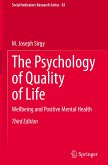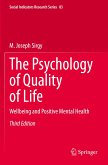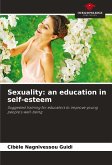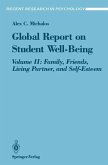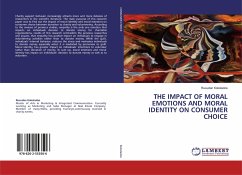According to Statistics Canada (2006) there are over a quarter of a million South American immigrants currently living in Canada. The purpose of the present study was to examine and compare the psychological experience of South Americans who immigrated to Canada as "children" (i.e., age 15 and under) and those who immigrated as "adults" (i.e., age 16 and over). The study tested three psychological concepts that were predicted to differ between child and adult immigrants: race-based rejection sensitivity, self-concept clarity and subjective well being (e.g., self-esteem and life satisfaction). Consistent with previous cross-cultural research, South Americans who immigrated as adults reported higher self-concept clarity than South Americans who immigrated as children. Participants who immigrated as a child experienced less anxiety about being rejected than those participants who immigrated as an adult. There was a statistically significant difference between those who immigrated asa child, who reported more acculturative stress than those who immigrated as an adult. However, there was no difference between those who immigrated as a child and those who immigrated as an adult in term
Bitte wählen Sie Ihr Anliegen aus.
Rechnungen
Retourenschein anfordern
Bestellstatus
Storno



